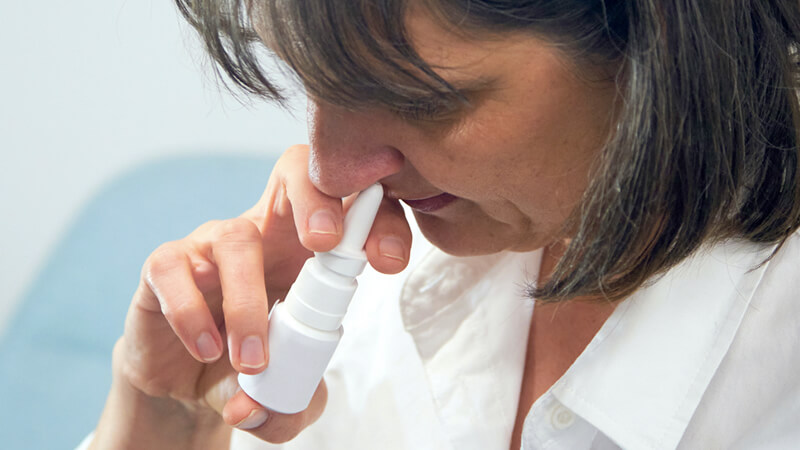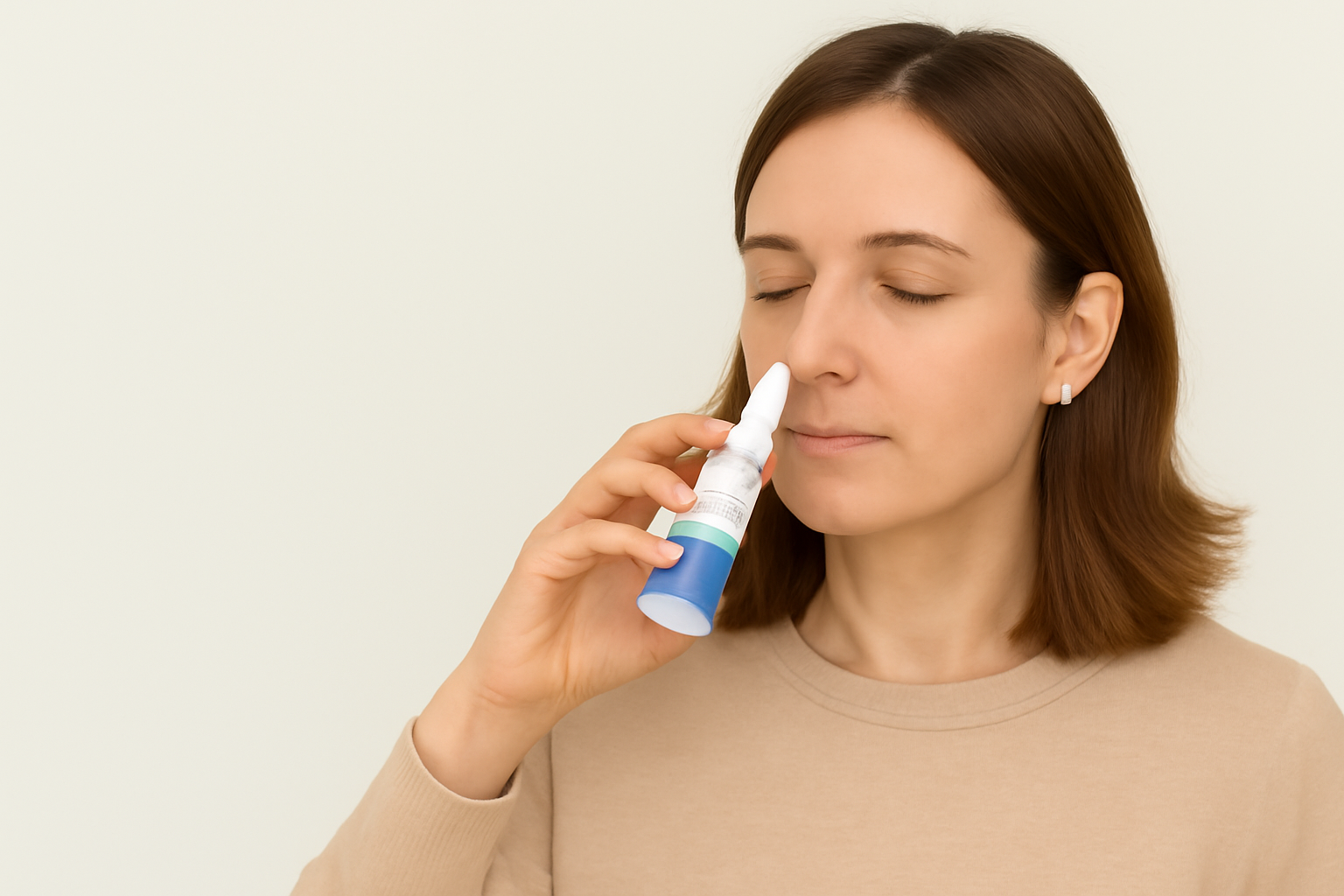Chronic rhinosinusitis (CRS) is a persistent and often debilitating condition—particularly for patients who have already undergone sinus surgery and continue to experience exacerbations. In these difficult cases, saline rinses or topical antibiotics such as mupirocin are often employed. But could povidone-iodine (PI)—a common antiseptic—offer a safe and effective alternative?
A 2020 randomized controlled trial by Lee et al., published in the American Journal of Otolaryngology, explored this very question.
Study Objective
The study aimed to compare the effectiveness and tolerability of three sinus irrigation treatments:
- 1% Povidone-Iodine (PI)
- 0.05% Mupirocin (MUP)
- Saline (SAL) as a control
Participants were post-surgical CRS patients with acute exacerbations and gram-positive bacteria detected on culture. They were treated with twice-daily irrigations for 30 days.
Key Findings
Effectiveness (Post-Treatment Culture Negativity):
- Mupirocin: 70% negative cultures
- Saline: 47%
- Povidone-Iodine: 43%
While mupirocin had the highest clearance of bacteria, the differences were not statistically significant. Nonetheless, mupirocin showed promise in achieving microbiological control.
Tolerability:
- All three treatments were well-tolerated.
- Povidone-iodine caused no serious side effects and had low discomfort scores comparable to saline.
- One patient discontinued PI due to staining (not due to toxicity).
Symptom and Endoscopy Scores:
- The SNOT-20 (quality-of-life measure) and Lund-Kennedy endoscopic scores showed modest improvement across all groups.
- None of the treatments produced clinically significant symptom improvement, and no statistically significant differences were found.
The Case for Povidone-Iodine
Povidone-iodine is a widely used antiseptic known for its broad-spectrum antibacterial and antiviral effects, including activity against respiratory viruses such as SARS-CoV-2. It is available over the counter, does not contribute to antibiotic resistance, and is cost-effective—making it a potential tool for short-term sinus disinfection.
This study is among the first to demonstrate that 1% povidone-iodine is safe for sinus irrigation, which is especially relevant in the context of viral outbreaks or when antibiotic alternatives are limited.
Clinical Implications
- Mupirocin may offer better microbiological control, although access and cost can be limiting.
- Povidone-iodine is a feasible and affordable alternative, especially in cases where antibiotics are not accessible or appropriate.
- Saline alone remains effective in many cases, supporting its continued use for symptom relief and irrigation.
Limitations of the Study
- Modest sample size (62 participants)
- Patients could not be blinded due to visible differences in irrigation solutions
- No direct assessment of ciliary toxicity or long-term outcomes
- Comorbidities varied significantly among participants, possibly affecting generalizability
Conclusion
Although mupirocin showed the best trend in culture negativity, 1% povidone-iodine was well-tolerated and performed comparably to saline. For patients and clinicians seeking low-cost, non-antibiotic options, povidone-iodine may be a promising candidate—particularly for temporary disinfection during acute episodes or in the context of respiratory viral infections.
This study underscores the need for larger, more targeted research into topical antiseptics for CRS and reaffirms the continued value of simple saline irrigation as a cornerstone of CRS care.



.png)


.png)